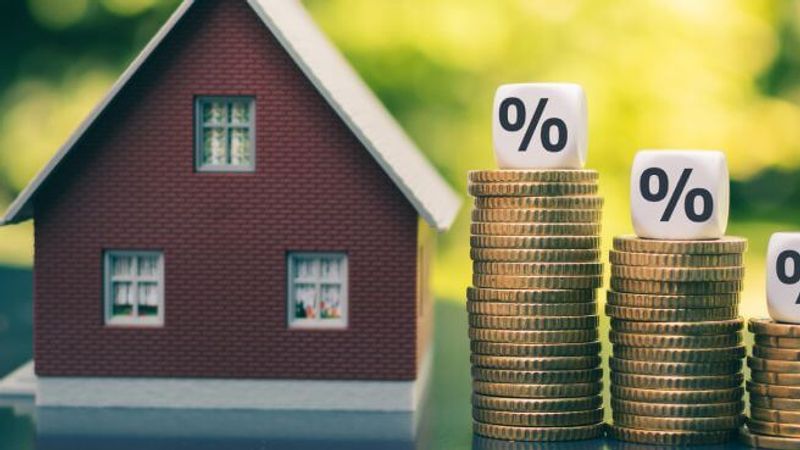How much mortgage payments can I afford?
We consider a few key factors to determine how much house you can afford. This includes your household income as well as your monthly debts and savings available to pay for the downpayment. You’ll want to be at ease with the monthly mortgage payment as a home-buyer.
A good affordability tip is to keep at minimum three months of your monthly payments, including your housing payment, in reserve. This will allow for you to cover your mortgage in the event in the event of an emergency.
What does your debt-to income ratio have to have to do with the affordability of your home?
The bank will utilize the DTI Ratio to determine how much money you can borrow. This is a measure that measures your monthly debts and your income before tax.
Based on your credit scores, you might be eligible for higher percentages, but in general, housing expenses must not exceed 28%.
What is the maximum house I could afford to purchase with an FHA loan?
For calculating how much house is within your budget, we suppose that you’ll need at least 20% down. A conventional loan may be the best option. If you’re contemplating a lower down payment, down to the minimum of 3.5 percent, you could apply to get an FHA loan.
Conventional loans can come with minimum down to as little as 3 percent, although qualifying is a bit tougher than for FHA loans.

What amount can I afford for a house?
The calculator will calculate an array of costs based on your specific circumstances. It considers every single expense you incur each month to determine if a home is within your budget.
Banks do not consider outstanding debts when assessing your financial capacity. They don’t take into consideration if you want to set aside each month $250 to save for retirement, or when you’re expecting a child and would like to save more money.
Home affordability begins with your mortgage rate
It is likely to be noted in mortgage affordability calculation the estimated mortgage’s interest rate is considered. Lenders will assess four main factors to determine if your application is suitable for a loan.
- We have already discussed the ratio of your earnings to debt.
- Your record of paying your bills in time.
- Evidence of steady income
- The amount of down payment you’ve saved, along with a cushion of money to cover closing costs and other expenses you’ll incur when buying a new house.
If the lenders decide that you’re mortgage-worthy, they will then price the loan. This means they’ll decide the interest rate you’ll pay. Your credit score will greatly influence the mortgage rate.
Naturally, the lower your interest rate, your monthly payment will be.